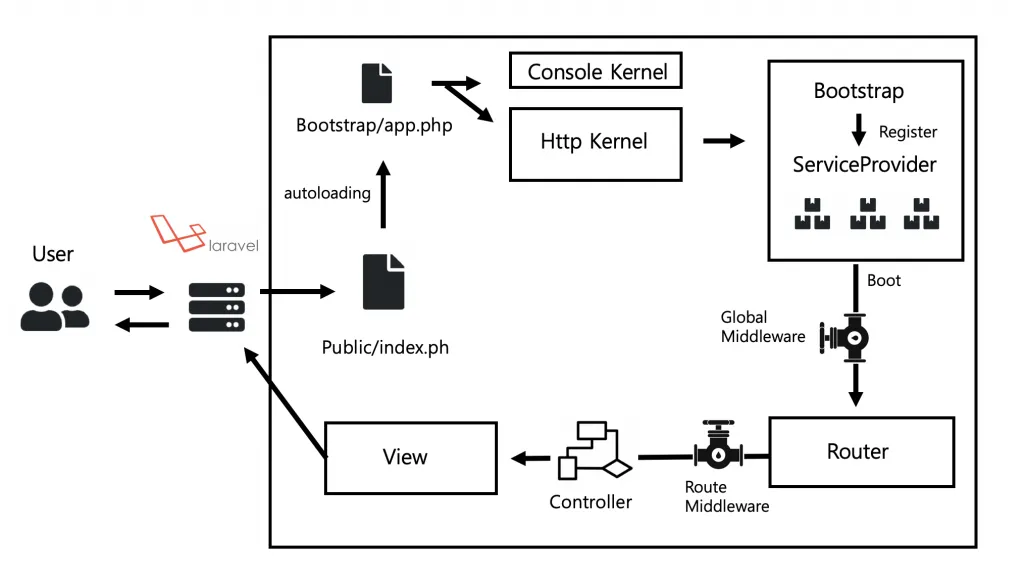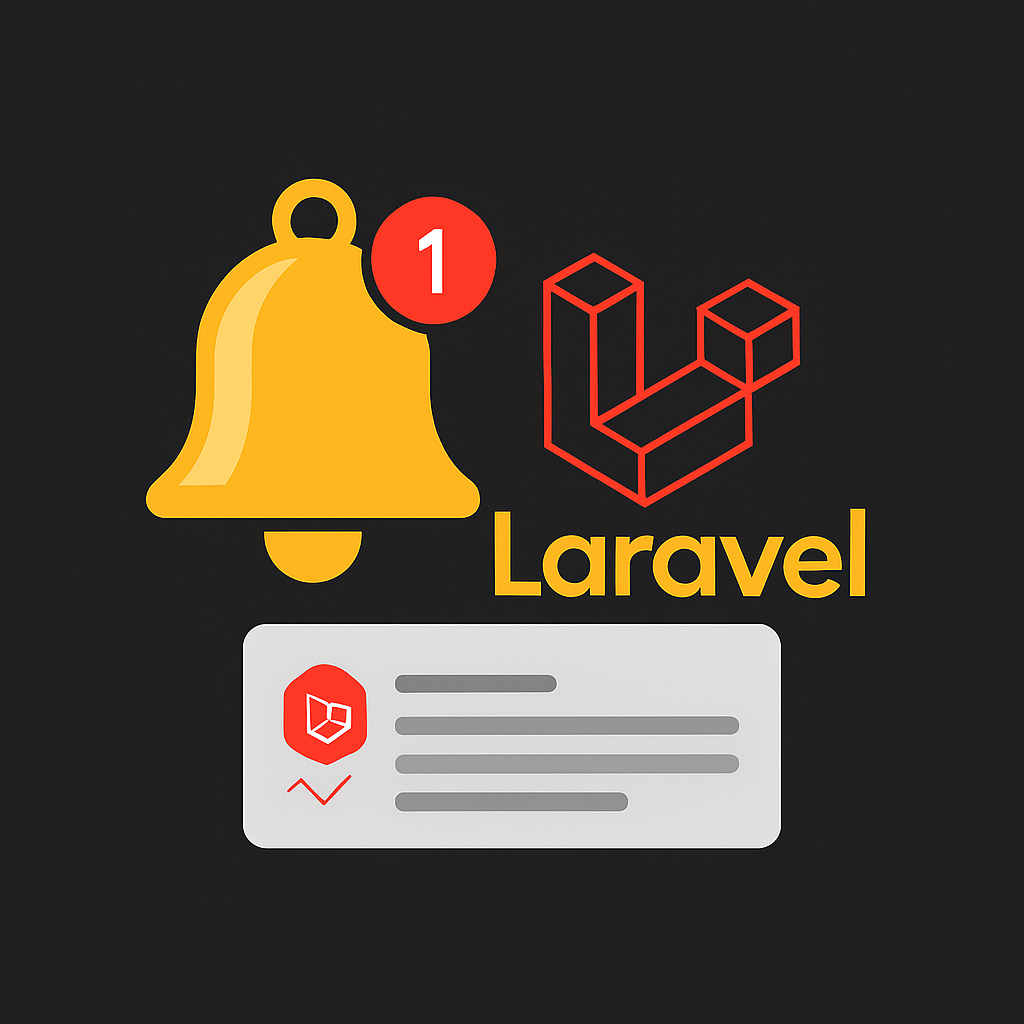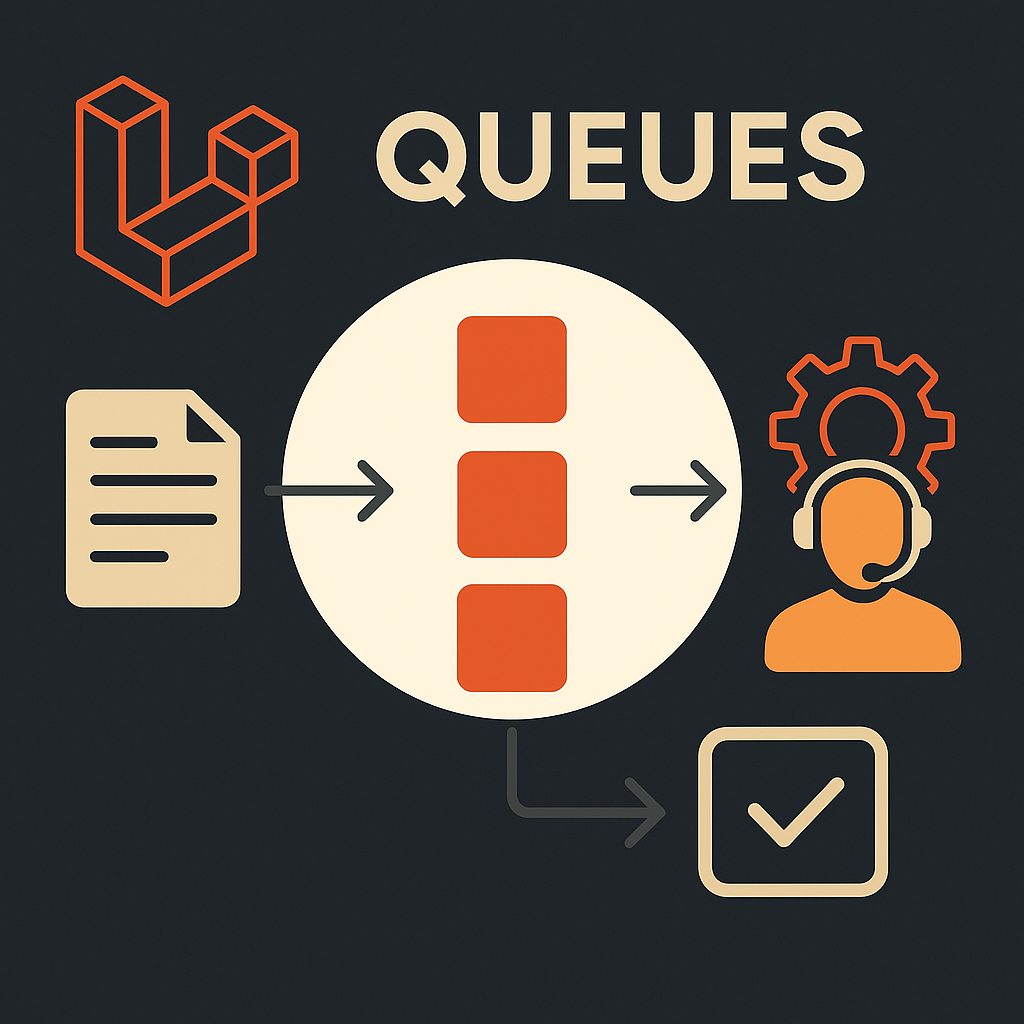
Mastering SOLID Principles in Laravel: Building Clean, Scalable Code
If you're a calm and introverted developer, SOLID principles can bring balance and strength to your coding world. Today, let’s explore the inner meaning behind each of these principles and how they empower your Laravel applications.
🧩 Single Responsibility Principle (SRP): One Task, One Identity
Each class should have one and only one responsibility.
Good Example:
Bad Example:
🔓 Open/Closed Principle (OCP): Open for Extension, Closed for Modification
Add new functionality without altering existing code.
Good Example:
Bad Example:
🧬 Liskov Substitution Principle (LSP): Substitutable Objects
Child classes must be usable in place of their parents.
Good Example:
🎯 Interface Segregation Principle (ISP): Separate Interfaces for Separate Needs
Clients shouldn’t be forced to depend on unused methods.
Good Example:
🔁 Dependency Inversion Principle (DIP): Depend on Abstractions
High-level modules shouldn’t depend on low-level implementations.
Good Example:
By understanding these principles, you gain peace and power in your codebase. Try implementing them in your Laravel projects and see how your architecture improves.
Happy coding, amigos!
Comments
Be the first to comment!




Leave a Comment